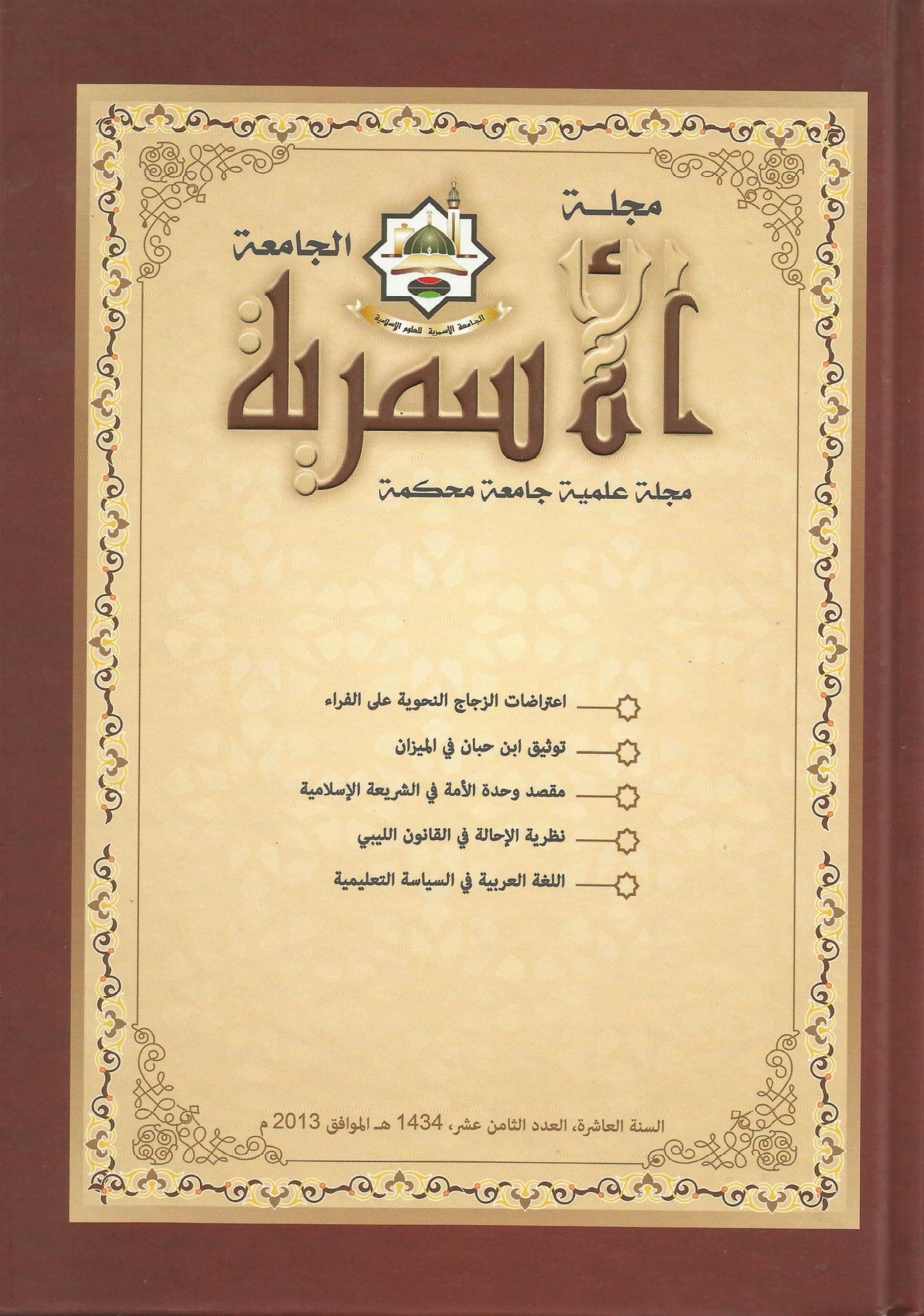تحسين الخواص الميكانيكية للخرسانة باستخدام المياه المعالجة بالتقنية المغناطيسية
الكلمات المفتاحية:
معالجة الماء مغناطسيا، مغنطة الماء في الانشاءاتالملخص
الماء المتوفر للاستخدام في العادة يكون فاقداْ لكثير من خواصه بسبب عمليات التصنيع أو التلوث التي يتعرض لها. ويتطلب الأمر إلى عمليات المعالجة أو التحلية للحصول على ماء ذات خواص حيوية مناسبة للاستخدام. توجد العديد من عمليات معالجة الماء وتنقيته من الشوائب من أهمها عملية معالجة الماء مغناطيسياً، التي تعمل على إعادة احيائه وتغذيته وإظهار خواصه. تمتاز عملية معالجة الماء باستخدام المجال المغناطيسي برخص التكلفة وسهولة الاستخدام والاستدامة. إن معالجة الماء مغناطيسياً تمنع تشكل الترسبات الكلسية على السطوح الداخلية والخارجية للأجهزة والمعدات التي تتدفق من خلالها الماء، وتمنع تكون القشور والترسبات على الأسطح الداخلية للأنابيب والتي تؤدي بدورها إلى عدم انسدادها. كما يسبب المجال المغناطيسي في انخفـــاض كتلة جزئيــات الماء بحيث ينخفض عدد الجزيئـــات في الكتلة المــــائية الي النصف تقريبا، وهذا يؤدي الي زيادة مشاركة جزيئات الماء في ترطيب أو تذويب المواد مثل الخلطات الإسمنتية. في هذا البحث تم اجراء التجارب المعملية لدراسة تأثير الماء المعالجة بالتقنية المغناطيسية على الخلطات الاسمنتية. حيث أثبتت التجارب أن الماء الممغنط يزيد من قوة الانضغاط الخرسانة، أي أن قوة الانضغاط للخرسانة المخلوطة بالماء الممغنط أعلى من قيمة قوة الانضغاط للخرسانة العادية.
التنزيلات
المراجع
Kucera, J., Desalination Water from Water, Willey, 2nd edition.
Sharjeel, A., et al., Design, Development and Performance Of Optimum Water Softener. Earth Sciences Pakistan (ESP), 2019. 3(1): p. 18-22. DOI: https://doi.org/10.26480/esp.01.2019.23.28
Dawood, M., الماء الممغنط - مظفر احمد الموصلي. 2019: p. 427.
Sanderson, C.H., Water treatment device and method for manufacturing same. 1979, Google Patents.
Afshin, H., M. Gholizadeh, and N. Khorshidi, Improving mechanical properties of high strength concrete by magnetic water technology. 2010. 17, (1), pp. 74-79.
زياد، ع.م.، س.ا. الصافي، and م.ق. المتوكل، تأثير الماء المعرض للمجال المغناطيسي على بعض خواص الخرسانة. Journal of Science and Technology, 2015. 20(1). DOI: https://doi.org/10.20428/jst.v20i1.843
Jain, A., et al., Effect of magnetic water on properties of concrete. International Journal of Engineering Science, 2017. 11864.
Bannoud, A., The electrochemical way of removing the hardness of water. Desalination, 1993. 93(1-3): p. 545-555. DOI: https://doi.org/10.1016/0011-9164(93)80129-B
M Ahmed, S., Effect of magnetic water on engineering properties of concrete. AL-Rafdain Engineering Journal (AREJ), 2009. 17(1): p. 71-82. DOI: https://doi.org/10.33899/rengj.2009.38451
التنزيلات
منشور
إصدار
القسم
الرخصة
الحقوق الفكرية (c) 2021 منتهي محمد مخلوف، هيثم اسماعيل الضراط، أبوبكر أحمد معيتيق

هذا العمل مرخص بموجب Creative Commons Attribution 4.0 International License.





